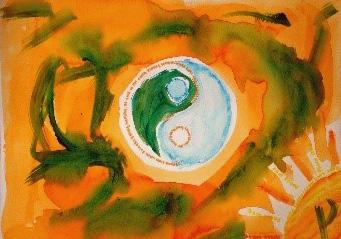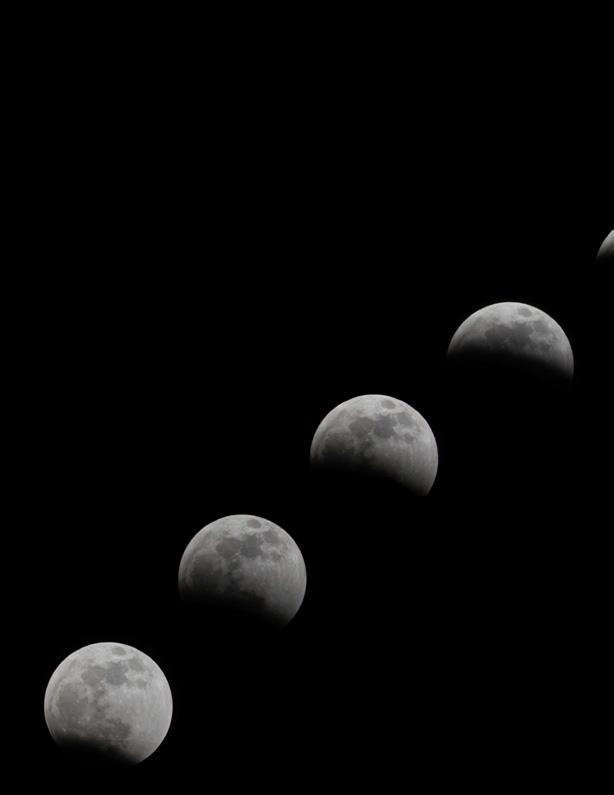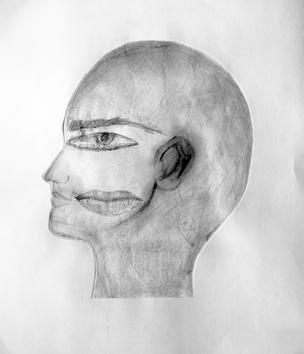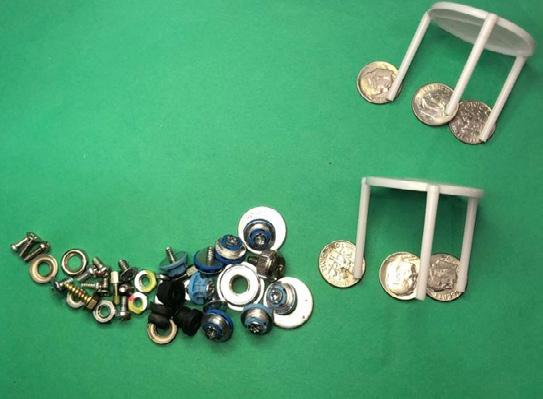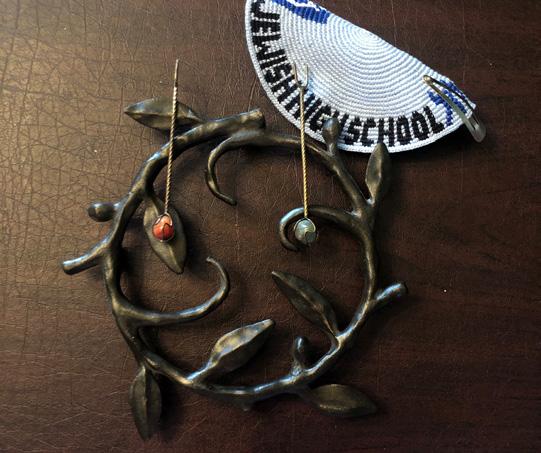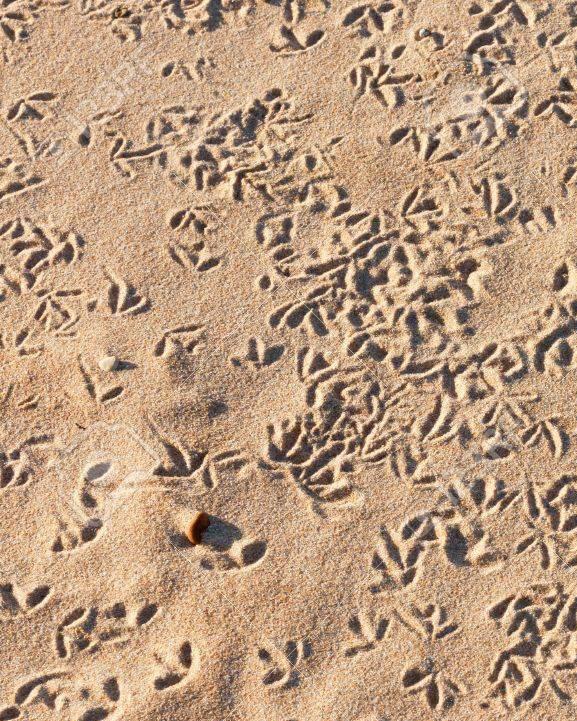
3 minute read
Finding Truth in Torah, Uma Lynch
The Torah of Rochelle Zell
Finding Truth in Torah Uma Lynch, RZJHS 2021
First there was nothing and then there our Earth. was something. We as humans are limited to this fact and look to the Looking back at the creation story can remind us of our Torah for further understanding. At duty as human beings on this earth. One might argue first glimpse, Genesis 1 and 2 sound that the Bible would grab our attention more had it like two completely different authors. started with the focus on humans. But in choosing not While Genesis 1 is a more macroscopic outline of God’s to do this, the text emphasizes that humans are only a power and His creations, Genesis 2 focuses in on husmall part of God’s creation. man action and responsibility. These different perspectives bring up the following story comes before any of the mitzvot. He states: “For questions: What is the purpose of having both creation should the peoples of the world say to Israel, ‘You are narratives and what must we robbers, because you took by derive from them? Instead of force the lands of the seven focusing on how they conflict, God put us on this Earth to take care nations of Canaan’, Israel may we can find what each narrative of the world and its creatures. Howreply to them, ‘All the earth becontributes to our understanding of creation. In Genesis 1, God creates light ever, we as humans have focused on advancing technologies, economic growth, and plastic Starbucks cups. longs to the Holy One, blessed be He; He created it and gave it to whom He pleased.’” and darkness, the sea and the We have prioritized convenience The first creation narrative sets sky, creatures, along with all the over caretaking, regardless of how the stage for God’s omnipoother features of the earth. Lastharmful this may be to our Earth. tence. The outline is complete ly, He creates man in the image and now we look at the second of God in which He commands narrative for a more zoomed-in humanity to “rule the fish of the sea, the birds of the perspective of the creation of man and woman. Before sky, the cattle, the whole earth, and all the creeping the world was created, there was only chaos. God atthings that creep on earth” (Genesis 1:26). Unfortunatetained order through creation. However, from a literary ly, God’s idea of ruling over the Earth has been greatly perspective, Genesis 2 acts as a sort of interruption to misinterpreted. The world was complete before humans that order. The text briefly mentions the creation prowere created. Our purpose was to be a helper of God cess and speaks of the creation of man from the dust of and take care of his creations. We were not needed to the earth. complete the world, but rather to carry out our part in maintaining the wellbeing of it. As it is written in the As soon as man is created, God plants the Garden of Book of Ezekiel, “selfish rulers who not do not care for Eden for the man to live in. He gives this man the rethe lost, ill, and vulnerable come in for God’s withersponsibility of naming the animals and tending to them. ing disapproval.” (Shai Held, “Created in God’s Image”). Still not satisfied, he creates woman to do the same. Our earth right now is in a vulnerable state and we must Rashi notes this by commenting on how the creation not be selfish. With the environmental crisis, our earth God then states the first commandment:“Of every tree is on a downward spiral. of the garden you are free to eat; but as for the tree of knowledge of good and bad, you must not eat of it; for God put us on this Earth to take care of the world and as soon as you eat of it, you shall die” (Genesis 2:16- its creatures. However, we as humans have focused on 17). What do the man and woman do? They eat from advancing technologies, economic growth, and plastic the tree anyways. Up until now it seems God is content Starbucks cups. We have prioritized convenience over with His creations; everything has gone as planned. caretaking, regardless of how harmful this may be to See Lynch, page 27


